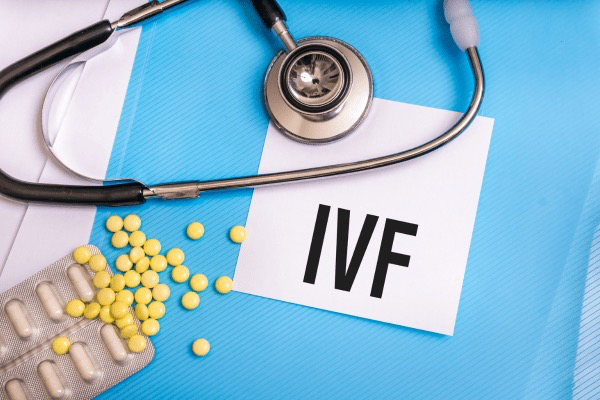Sperm donation plays a pivotal role in assisted reproductive technology, particularly in in vitro fertilization (IVF). But beyond the donor's compensation, there is much more that determines the true worth of sperm to IVF clinics. Understanding the pricing factors of sperm donation can offer insight into the IVF process and help donors and prospective parents make more informed decisions about their reproductive options.

Understanding the Sperm Donation Process
Sperm donation involves a male donor providing sperm that is used to fertilize an egg in a laboratory setting, helping individuals and couples facing infertility challenges, as well as same-sex couples and single women seeking to start a family.
1. Screening Process
Before donating sperm, donors must undergo a rigorous screening process. This includes medical examinations, blood tests to check for infectious diseases, and genetic testing to rule out hereditary conditions. Donors must also provide detailed family medical histories to ensure the sperm is of good quality.
2. Sperm Collection and Analysis
Once cleared for donation, the donor provides a sperm sample, which is then analyzed for quality. Key factors like sperm motility (movement), morphology (shape), and sperm count are evaluated.
3. Cryopreservation
The sperm is cryopreserved (frozen) for future use. This ensures that clinics can store viable sperm for later use in IVF procedures.
What Determines the Price of Sperm?
While sperm donors may receive compensation typically ranging from $50 to $150 per donation, the value of sperm to IVF clinics goes beyond the immediate payment. Several factors impact the actual cost and demand for sperm in clinics.
1. Sperm Quality
The quality of sperm is a key determinant in its price. Higher quality sperm, characterized by strong motility, normal morphology, and a high sperm count, is often considered more desirable by clinics. Sperm from younger, healthy donors with healthy lifestyles is also more valuable. Clinics may pay more for sperm that has been thoroughly tested and found to meet high standards.
2. Donor Background
The background of the sperm donor can also influence pricing. Donors with exceptional educational qualifications, professional success, or unique traits (e.g., athleticism or artistic abilities) can command higher prices. Additionally, sperm from donors with a successful pregnancy history or those with specific ethnic backgrounds may be more in demand.
3. Regional Price Variations
Sperm pricing can vary by region, with urban centers and areas with higher fertility treatment demand typically offering higher compensation. Clinics in metropolitan areas may also have higher overhead costs, which can affect sperm pricing.
4. Legal and Ethical Considerations
The legal landscape surrounding sperm donation is also important. Some areas may have strict regulations or ethical guidelines that impact sperm pricing. For example, donor anonymity, parental rights, and the number of families a donor can assist may all play a role in how much a clinic is willing to pay for sperm.
The Financial Breakdown for IVF Clinics
The cost of sperm to IVF clinics is not just the compensation paid to donors. There are multiple expenses involved in the sperm donation process:
- Donor Screening and Testing: This process can cost several hundred dollars as it includes medical and genetic tests to ensure donor health and suitability.
- Sperm Processing: Analyzing and processing sperm for quality assurance can range from $200 to $500 per sample.
- Cryopreservation and Storage: Storing sperm involves annual fees, typically between $200 and $400, depending on the clinic's storage policies.
Conclusion
While sperm donors are typically compensated for their time and contribution, the actual worth of sperm to IVF clinics encompasses several factors, including sperm quality, donor background, location, and legal considerations. By understanding these factors, donors and patients alike can make informed decisions and better navigate the IVF process. IVF clinics depend on a steady supply of high-quality sperm, and recognizing the financial and logistical aspects of sperm donation helps ensure a successful and efficient reproductive treatment journey.





